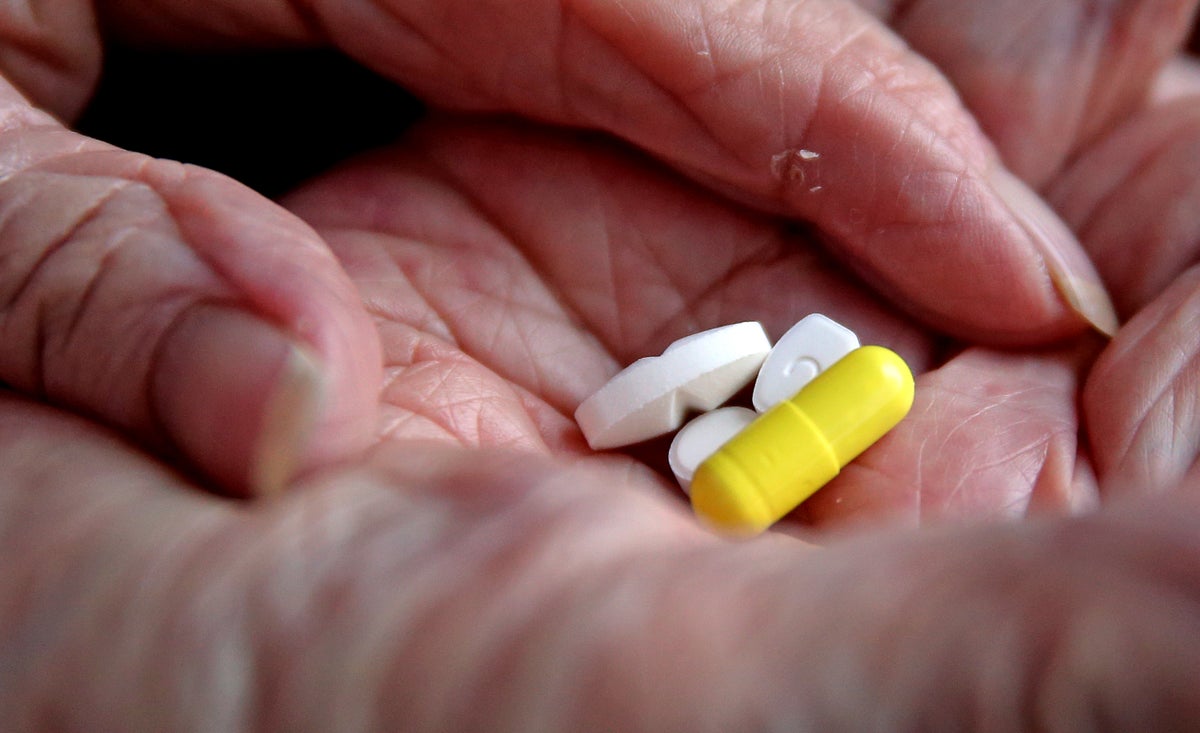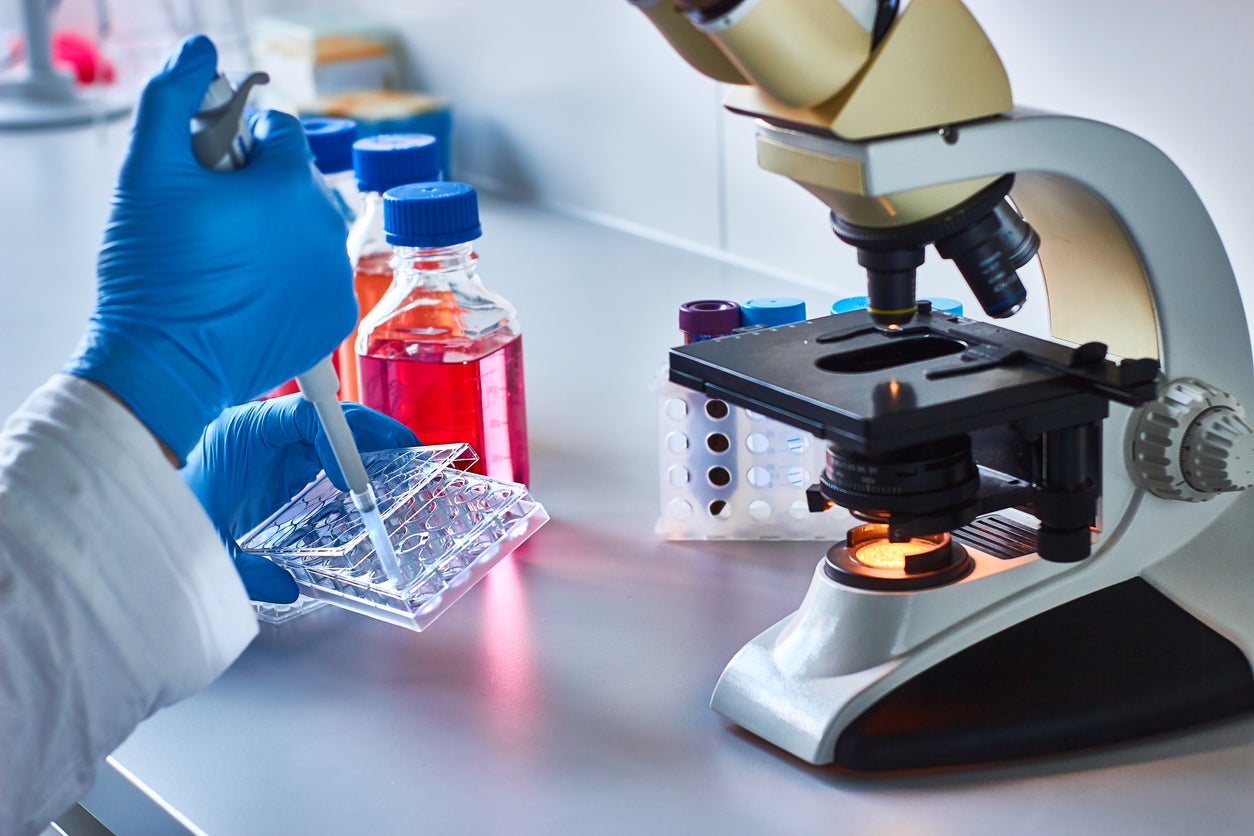
A “potent” drug taken once a day can cut the risk of dying from lung cancer by half, according to a new study that scientists hope signals a major breakthrough in tackling the disease.
Osimertinib, consumed after surgery, reduced the risk of patients dying from a specific form of lung cancer by 51 per cent, results presented to the American Society of Clinical Oncology’s (Asco) annual meeting - the world’s largest cancer conference - in Chicago showed.
Dr Roy Herbst, the deputy director of Yale Cancer Centre - which led the study - said the 50 per cent figure was a “big deal” in any disease but particularly in lung cancer, which has historically been resistant to treatment.
“Thirty years ago, there was nothing we could do for these patients,” he added. “Now we have this potent drug.”

Osimertinib, discovered in the UK and developed by pharmaceutical giant AstraZeneca, is a tablet taken orally once a day and is already available on the NHS to treat other forms of advanced lung cancer.
Side-effects of the drug can include inflammation of the lungs, diarrhoea and a rash.
Lung cancer is the leading cause of cancer death worldwide, with one in 16 people diagnosed with the disease in their lifetime. In the UK there are around 48,500 new cases every year, accounting for 13 per cent of all cancer cases.
For their study, researchers looked at patients aged between 30 and 86 in 26 countries and looked at whether Osimertinib could help non-small cell lung cancer patients, which is the most common form of the disease.
Those who participated in the trial had a mutation of the EGFR gene, which is found in about a quarter of global lung cancer cases, and accounts for as many as 40 per cent of cases in Asia. The mutation is more common in men than women and in people who have never smoked or have been light smokers.
Dr Herbst, speaking in Chicago, described the results as “thrilling” and said they added extra significance to earlier findings from the same trial that showed the drug also halved the risk of lung cancer recurring.
The NHS says there are usually no signs or symptoms in the early stages of lung cancer, but many people with the condition eventually develop symptoms including a persistent cough, coughing up blood, persistent breathlessness, unexplained tiredness and weight loss and aches or pain when breathing or coughing.
Anyone with these symptoms is urged to see their doctor.







